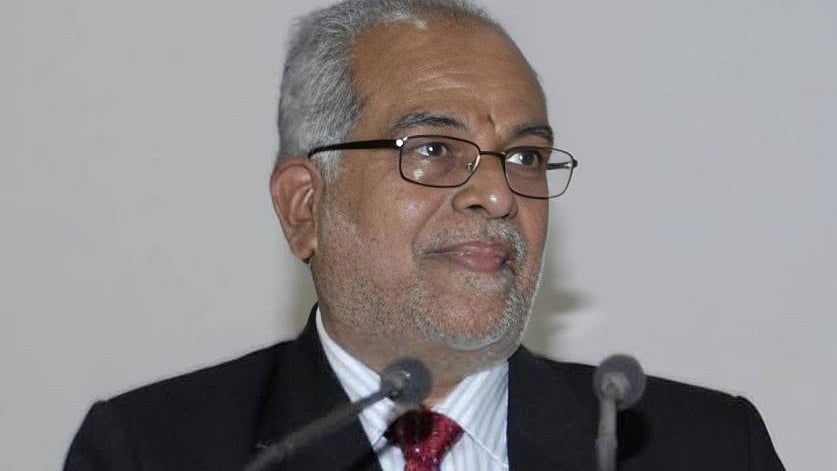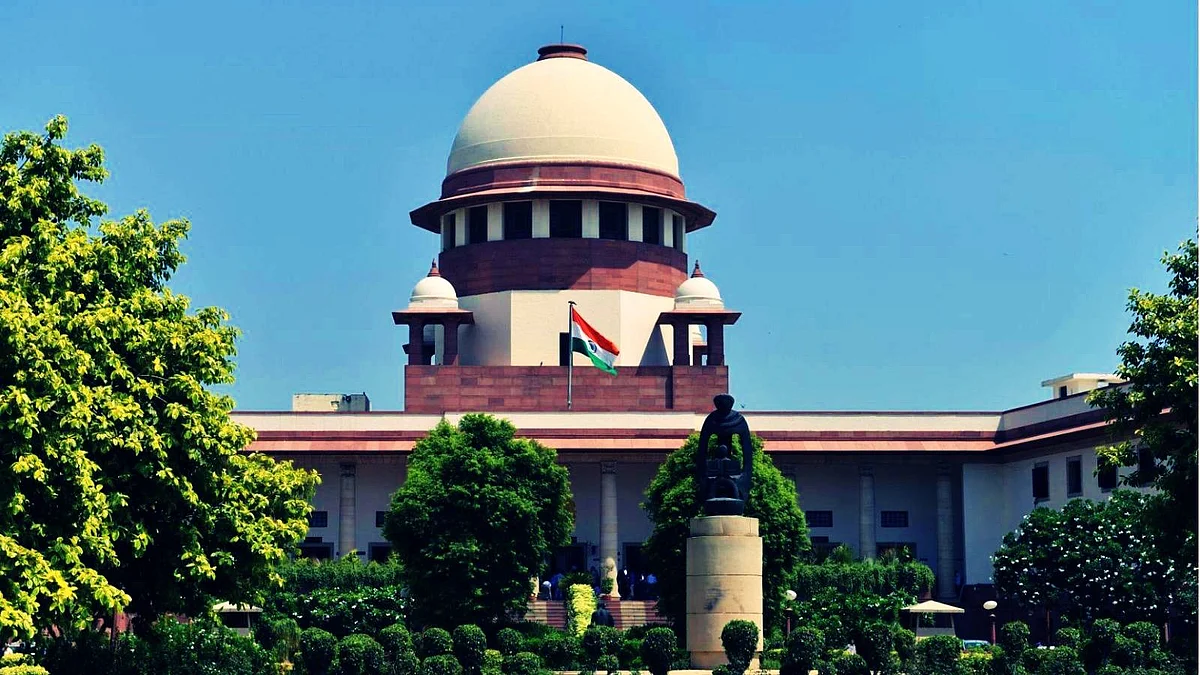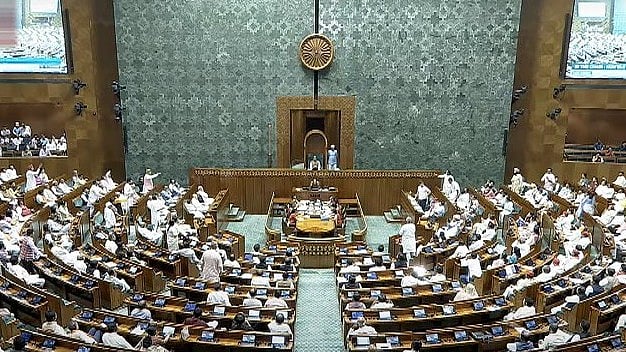The Supreme Court has not explicitly stayed the filing of FIRs against putative seditionists, but it has virtually ensured that the law of sedition will not go forward. This had become expedient because there was no doubt that all governments whether in the states or at the Centre, misused the law of sedition against their opponents. Till date, no criminal law enacted by Parliament has ever been stayed by the Supreme Court which declares the law of the land under Article 141 of the Constitution
This Article of the Constitution states the law declared by the Supreme Court is binding on all subordinate courts and tribunals within the territory of India. As it wields enormous power, the Supreme Court does not have to stay the law of sedition explicitly when the Union government has undertaken to relook at this archaic law. The Supreme Court uses euphemisms and semantics to ensure that what it wants done, will be done. That is what jurists call “judicial discipline”.
The law of sedition was introduced by the British to stymie opposition to their rule. It comprised an intention to arouse hatred or ill-will against a government established by law in India. Just as one man’s terrorist is another man’s freedom-fighter, so also, one man’s seditionist was another man’s nationalist.
In the 19th century, the section which defines what is sedition comprised section 113 of Thomas Babington Macaulay’s Draft Penal Code of 1837-39, but did not figure in the Indian Penal Code of 1860 when it was codified. James Fitzjames Stephen, who was the architect of the Criminal Procedure Code, was quoted as saying this omission was not deliberate but the result of a mistake. The section, when it was ultimately enacted, served a dire need of the British government to stamp out inflammatory religious preachings.
Another explanation for not including Section 124-A in the IPC of 1860 was because the British wanted to enact laws like the Press and Registration of Books Act which was codified in 1867 to stamp out anonymous pamphlets which incited rebellion against the colonial rulers. A test laid down by Justice Arthur Strachey in 1897 during the trial of Bal Gangadhar Tilak was followed quite extensively in pre-independence India. It was the British who introduced the western model of freedom of speech and a free press to India but abused what they themselves introduced by deporting the father of Indian journalism, James Augustus Hicky from Calcutta.
He lampooned the then Chief Justice, Elijah Impey, calling him “poolbundy” for taking bribes to allow the construction of bridges. So, he was disputably the father of investigative reporting in India which culminated in his deportation, making him the country’s first seditionist.
But what has prompted the government of today to make an about-turn in the Supreme Court is the fact that in March 1910, after two years of sustained surveillance by the colonial government, a young Indian nationalist, Vinayak Damodar Savarkar (1883–1966), was extradited to India for trial after his arrest.
So Veer Savarkar, who was the father of Hindutva, was another seditionist who ranked alongside Mahatma Gandhi and Bal Gangadhar Tilak, as seditionists-cum-nationalists. Unlike Gandhi, he was opposed to the caste system and ate non-vegetarian food. Prime Minister Narendra Modi visited his cell in the Andaman jail in December 2010.
This is why the reaction of the Union law minister, Kiren Rijuju, to the Supreme Court indirectly freezing the operation of 152-year-old sedition law under Section 124A of the Indian Penal Code was startling. He invoked the “Lakshman Rekha” between the Executive and the Judiciary, saying “no one should cross their boundary”.
“We respect each other. The court should respect the government, and the legislature… The government also should respect the court. We have a clear demarcation of (the) boundary and that ‘Lakshman Rekha’ should not be crossed by anybody,” he said.
His remarks came after the Supreme Court bench led by Chief Justice of India N V Ramana, in its order, noted that “it is clear that the Union of India agrees with the prima facie opinion expressed by this Court that the rigours of Section 124A of the IPC is not in tune with the current social milieu, and was intended for a time when this country was under the colonial regime.”
Whether the law minister was indirectly telling the learned CJI that his views on the law of sedition should be in consonance with that of the government is unclear. This could be one inference given that the attorney general of India, K.K. Venugopal, declared in open court that his views may be different from that of the government of India. “There is no need to scrap the law of sedition. We can frame guidelines to prevent its misuse.”
Venugopal also added there was no need to reconsider the 1962 judgment of Kedar Nath versus State of Bihar which retained Section 124A by reading it down - as it was a well-reasoned decision that balanced free speech versus national security. The Supreme Court would have to set up a seven-judge bench to overrule the five-judge bench which pronounced what constituted sedition in the Kedar Nath judgment.
But to set up a seven-judge bench, four more benches would have to be broken up adversely affecting the disposal of cases. This seven-judge bench would have to sit for at least three months if not more, to dissect the entire law of sedition which has evolved from Independence till 2022.
Interestingly, the Supreme Court laid down in 1995, that if slogans such as: “Khalistan Zindabad! Hindustan Murdabad!” which had been raised by two Sikhs after Indira Gandhi was assassinated in 1984, did not incite anybody to go on the rampage, they were not guilty of sedition. This was one of the most progressive judgments of the Supreme Court which widened the penumbra of free speech.
Dissent is a safety valve of democracy and if the law can be misused against intellectuals like Binayak Sen who was sentenced to life imprisonment on charges of sedition in 2010, it will always be misused against dissenters. That is why the law of sedition must be scrapped.
(Olav Albuquerque holds a Ph.D in law and is a senior journalist-cum-advocate of the Bombay High Court)






.jpg)



